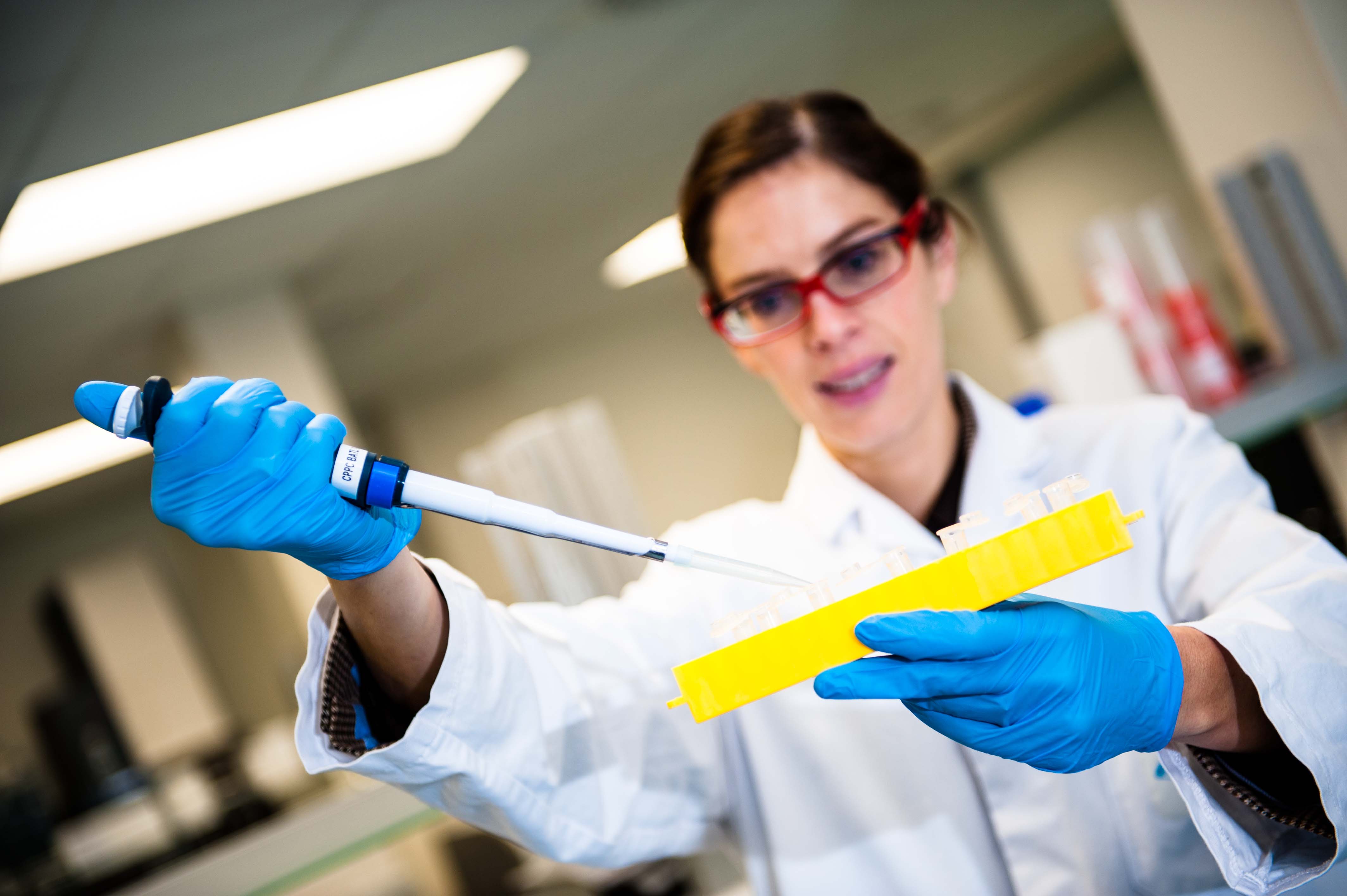Its patent-pending technology applies to omega-3 and omega-6 for general human nutrition and infant nutrition and to krill oil for food supplements.
Omega forms like DHA and ARA are common in infant formulas but can suffer oxidative stress and instability when blended with standard fats, AnaBio founder Sinead Bleiel told Nutraingredients.com.
“Polyunsaturated fatty acid [PUFA] benefits are well recognised for their health benefits and they are fully endorsed by the World Health Organization [WHO], who specifically recommend the inclusion of DHA and ARA in infant formula, in general.”
The WHO recommendation sits at 40mg/kg /day for ARA and 20mg/kg/day for DHA.
Aside from formulation stability, AnaBio said it can improve bioavailability and broaden product applications. Testing had shown shelf life improvements of six months or more in certain applications with DHA and ARA formulations.
Hypoallergenic applications, reproducible concentrations
Spray-dry technologies are the most common method to minimise PUFA oxidation. However ingredients used for stabilisation are themselves allergenic (milk and lactose-based), which are not suitable for general infant formula and hypoallergenic applications.

Furthermore, previous attempts to encapsulate PUFA’s have failed due to the generation of un-encapsulated oil and oxidation products during shelf life, in addition to undesirable particle size for incorporation into infant formulae, said Bleiel.
For these reasons AnaBio’s technology utilises a non-dairy and non-allergenic ingredient for stabilisation of DHA and ARA, which is permitted for use as an additive for formulae and weaning foods for infants and young children in the European Union.
With this experience AnaBio developed micro-particles with a stable reproducible concentration of oil droplets to enable high encapsulation loads.
The patent also describes encapsulating krill oil in food supplements, again pointing to shelf life improvements and reduced oxidation. One test showed reduced DHA oxidation of 76% after 22 months shelf-life at 35°C.
AnaBio, part of the Teagasc Moorepark Food Research Centre in Cork in southern Ireland, has applied its encapsulation methods to probiotics and peptides and other nutrients.
